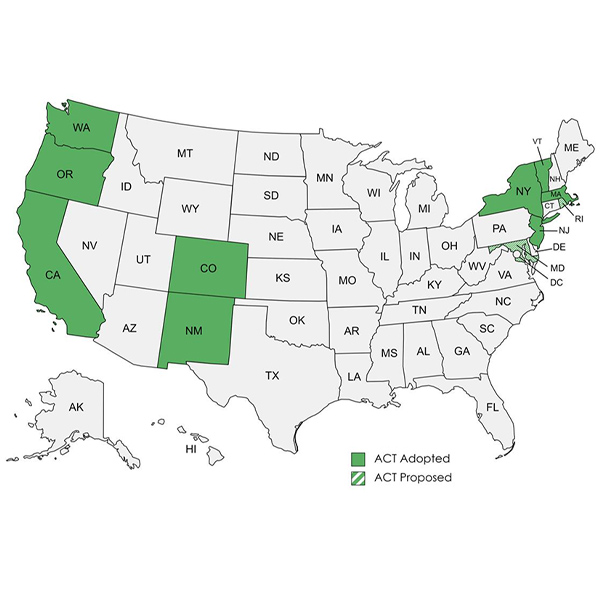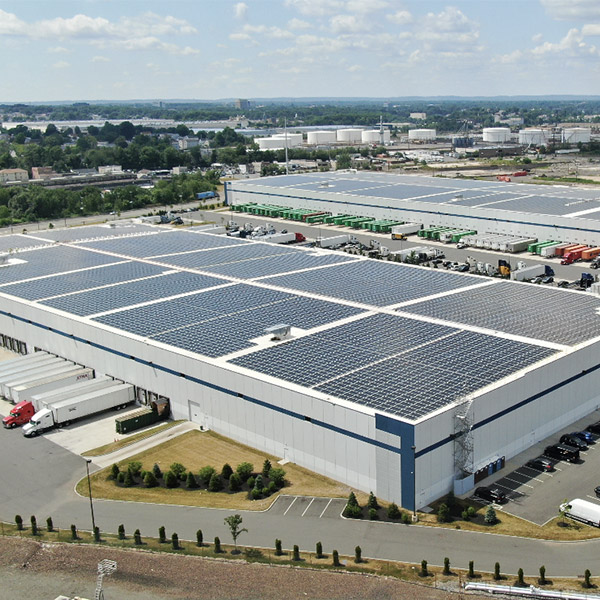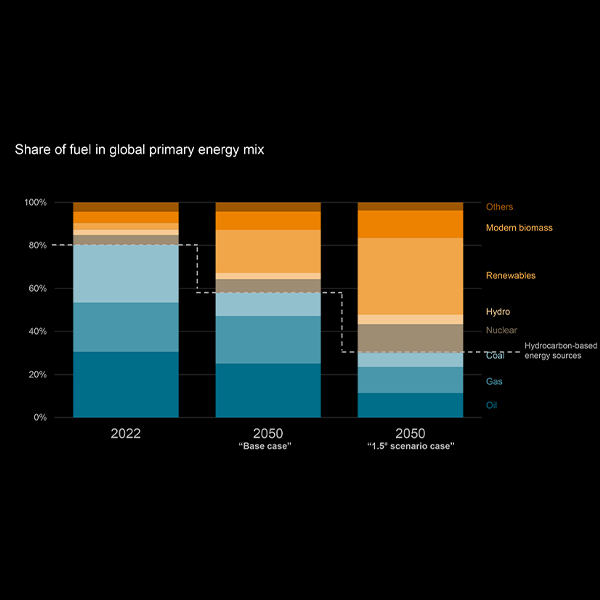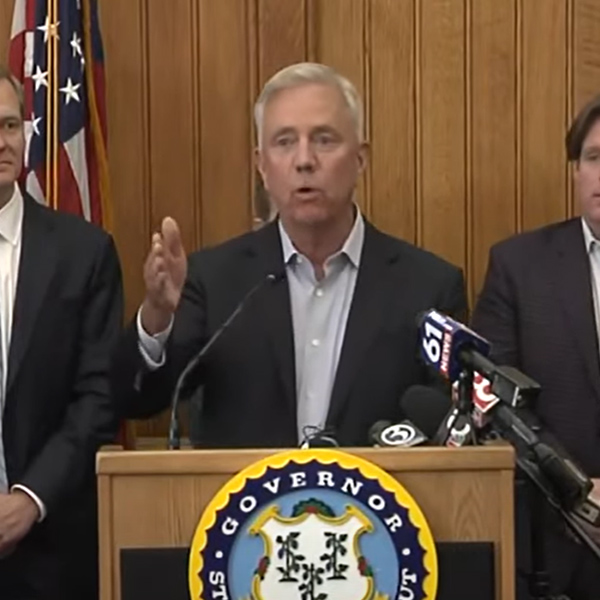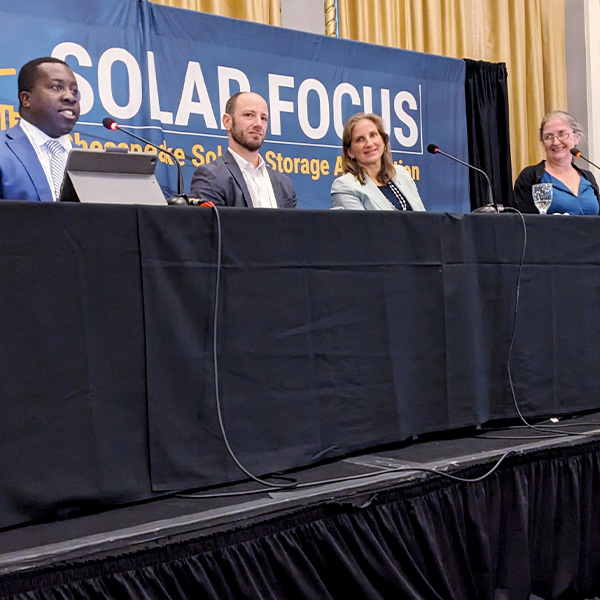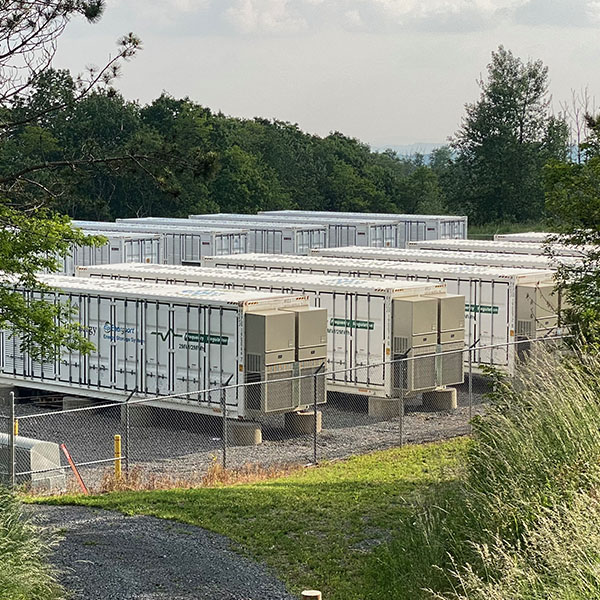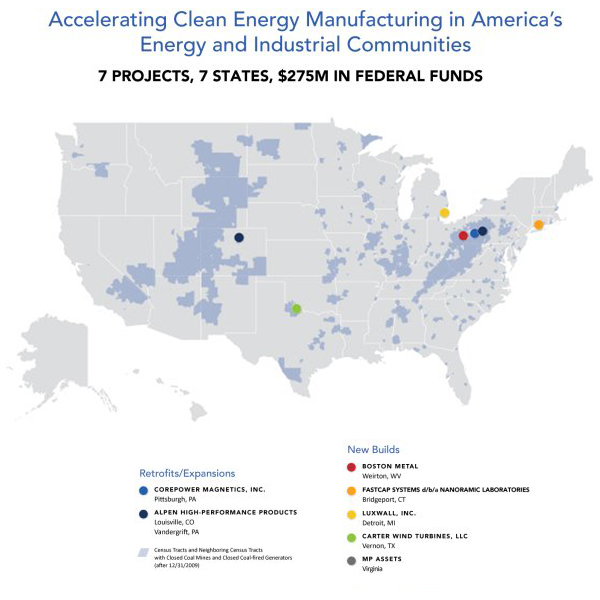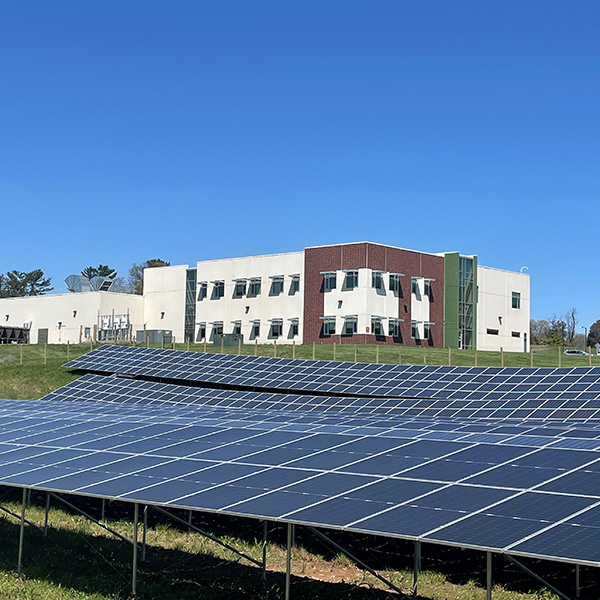NetZero Insider
Agriculture & Land UseBuilding DecarbonizationCookingEnergy EfficiencySpace HeatingWater HeatingCommentary & Special ReportsConference coverageCompany NewsEquity & EconomicsEmployment & Economic ImpactEnvironmental & Social JusticeFederal PolicyCongressDepartment of EnergyLoan Programs Office (LPO)Department of TransportationEnvironmental Protection AgencyFederal Energy Regulatory CommissionGeneral Services Administration (GSA)Interior DepartmentBureau of Land ManagementBureau of Ocean Energy ManagementNuclear Regulatory CommissionTreasury DepartmentWhite HouseGeneration & FuelsBioenergyFossil FuelsCoalNatural GasGeothermalHydrogenNuclearSMRRenewable PowerCommunity solarHydropowerOffshore Wind PowerOnshore Wind PowerSolar PowerRooftop solarUtility scale solarImpact & AdaptationIndustrial DecarbonizationState and Local PolicyAlabamaArizonaCaliforniaCA LegislationCalifornia Air Resources Board (CARB)California Energy Commission (CEC)California Public Utilities Commission (CPUC)ColoradoConnecticutDelawareDistrict of ColumbiaFloridaGeorgiaHawaiiIdahoIllinoisIndianaLouisianaMaineMarylandMassachusettsMichiganMississippiMissouriMontanaNevadaNew HampshireNew JerseyNew MexicoNew YorkNYSERDAPublic Service CommissionNorth CarolinaOhioOregonPennsylvaniaRhode IslandSouth CarolinaTennesseeTexasUtahVermontVirginiaWashingtonWest VirginiaWisconsinWyomingTechnologyCarbon CaptureTransmission & DistributionEnergy StorageMicrogridsTransportation DecarbonizationAirplane DecarbonizationEV chargersHeavy-duty vehiclesBattery Electric Buses (BEB)Fuel Cell Electric Buses (FCEB)Light-duty vehiclesBattery Electric VehiclesFuel Cell VehiclesPlug-in hybrid electric vehiclesShip electrificationClean Ports
CARB is exploring whether zero-emission truck credits that manufacturers earn under the Advanced Clean Trucks regulation should be transferable among states.
New Jersey’s Board of Public Utilities launched its second attempt to solicit solar projects at a price the agency considers acceptable to ratepayers, driven by the hope that the high costs that derailed a similar solicitation earlier this year have subsided.
Hydrocarbons are not going away anytime soon despite growing climate financing and escalating renewables deployment, industry analysts said.
Connecticut Gov. Ned Lamont withdrew regulations that would have required all new vehicles sold in the state to be non-emitting by 2035.
The Southern California region's supply could produce enough lithium to release the U.S. from its dependence on foreign sources of the key mineral, according to a new report.
Panelists warned that misalignment of technology, regulation and market forces could result in missed opportunities for Maryland to hit its nation-leading climate goals.
The Connecticut Department of Energy and Environmental Protection issued a request for information regarding energy storage for diesel vehicles.
The Department of Energy said it would provide $275 million for seven projects around the country that are meant to bolster domestic clean energy supply chains.
The use of hydrogen, both for transportation fuel and blended into natural gas, is a hot topic among engineers and power producers.
The New Jersey Senate Environment and Energy Committee took testimony on a bill that would put into law the state’s goal to reach 100% clean energy by 2035.
Want more? Advanced Search
